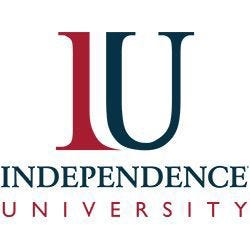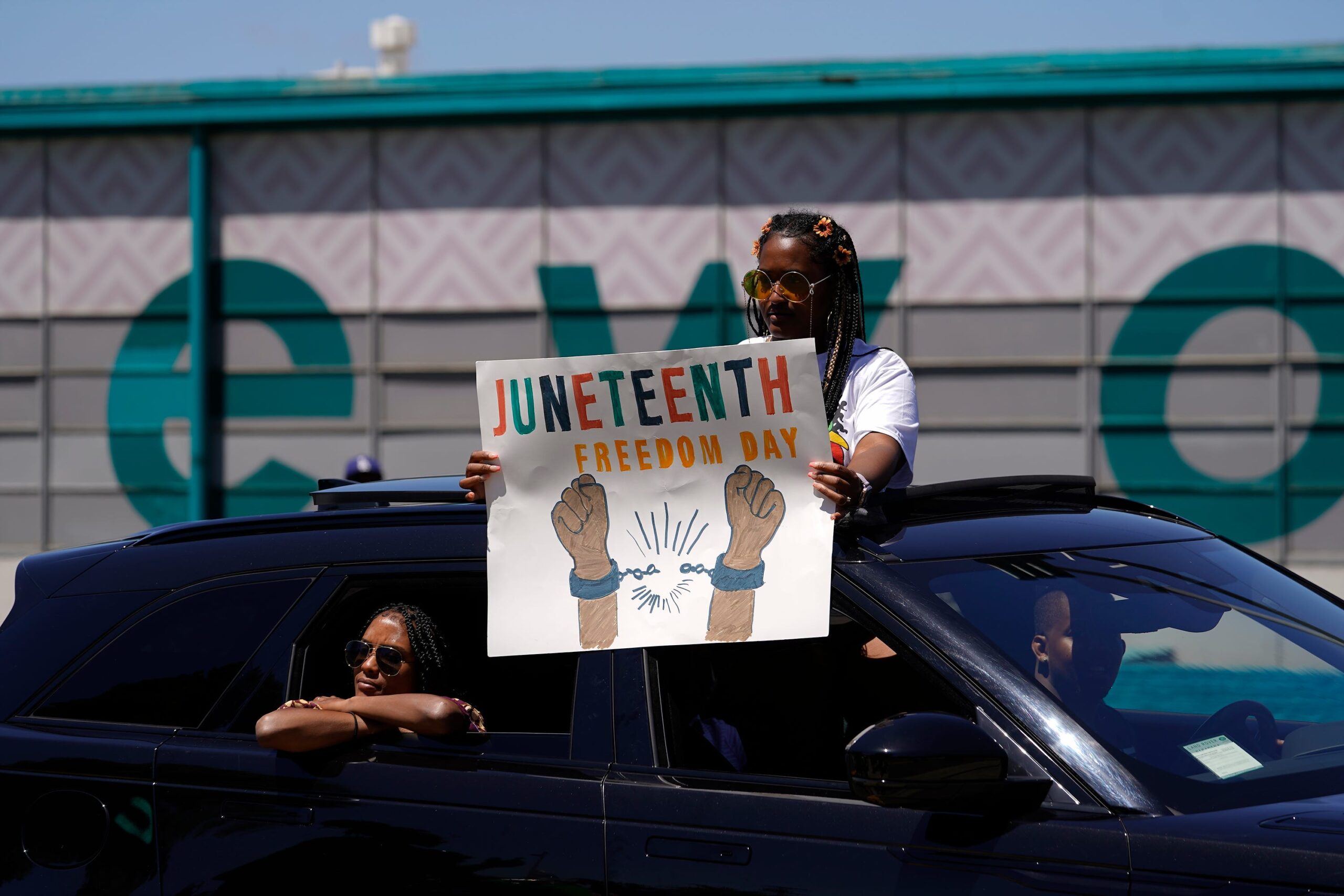
A Utah college with online degrees closed abruptly over the weekend, disrupting the lives of thousands of students. But it’s the university’s efforts to push students to new colleges that has the federal government asking questions.
Stranger still, as of Monday afternoon, there was nothing on Independence University's website to indicate the private college had closed Sunday, nor on the website of its owner, The Center for Excellence in Higher Education. Instead, students are relying on their peers, emails from the college administration, and the U.S. Department of Education to guide them.
Independence University's situation highlights how a troubled institution can stay in business, with students unaware, and then leave them in the lurch when it finally closes. The case also shows an Education Department more willing to exercise its regulatory oversight under President Joe Biden's administration.
The college's closure, which was announced to students via email on Wednesday, is the latest development in the Center for Excellence in Higher Education's troubled history. The group owns three other colleges in the process of shutting down.

When a university closes unexpectedly, it can develop a plan for its students to transfer their credits to other colleges. But students also have the option to stop their studies and request a discharge of their federal student loans. Independence University is directing students to the Miami International University of Art & Design or South University in Georgia. Both institutions offer online programs.
The Education Department questioned Independence’s plans. In a letter to Paul Gardner, the CEO of the Center for Excellence in Higher Education, the department noted it generally doesn't review transfer plans for schools that close. But, federal officials said, "students are being pressured to agree to transfer," and the "unusual arrangement" warranted a closer look.
A fake college? Feds cancel accreditor after USA TODAY finds college apparently without students or faculty
What's more, the department had previously been investigating Independence University. Richard Cordray, who oversees financial aid for the government, suggested the college opted to shut down to avoid the findings of that inquiry.
“We have already emailed students to help them understand they do not have to be rushed into accepting a transfer to another school of CEHE’s choosing,” Cordray said in a statement to USA TODAY.
The Center for Excellence in Higher Education told USA TODAY a statement was forthcoming.
The college’s troubled history came as news to many of the students trying to finish their studies and improve their chances in the workforce.
Alexis Sippel, 25, said she had been laid off from Verizon Wireless in the middle of the pandemic and was trying to figure out what she should do next when she saw a television ad for Independence University. Sippel, who lives in Illinois, wanted to improve her career prospects, and Independence seemed like a good place to do that.
But she received an email on July 28 informing her that the school would close in just days.
She already had spent about nine months working toward an associate’s degree in medical assisting and had just 10 months to go in the program. “I worked extremely hard to make the honor roll and get good grades,” Sippel said. “To just have an email like that rip it all away, it’s very disheartening.”
Only after learning about the closure did she do more research about the college and learned about its ongoing oversight issues.
The Center for Excellence in Higher Education also had been sanctioned by the Colorado government in 2020 in connection to fraud. And the federal government had Independence University on a monitoring list and placed restrictions on how it received taxpayer money.
The school’s accreditor, the Accrediting Commission of Career Schools and Colleges, had ended its approval of the college in April. That agency said the school had failed to maintain acceptable student graduation and employment rates despite being given many opportunities to do so. The end of accreditation also meant the loss of federal money, which can be a death blow to colleges reliant on such funding.
Sippel said she felt pressured to enroll at one of the schools suggested by Independence. She has instead opted to continue her medical assistance studies online at Keiser University.
Other students told USA TODAY they planned to continue their studies at one of the universities suggested by Independence University.
Yessenia Delgado, 27, said she had been studying graphic art at the university, and she’ll pursue a similar program at the Miami International University of Art & Design in graphic and web design. Delgado, who lives in Pennsylvania, is worried about her credits transferring and falling further behind in her studies.
Delgado said she was given two options, get a refund or transfer. But she also has three children and works full time. Stopping didn’t feel like an option.
“The sooner I graduate the better,” she said. “With the degree comes a good job.”
The Education Department said students should check its website for more information about the closure.
Feds investigating:USA TODAY report flagged massage school accused of ties to prostitution
Contributing: Lindsay Schnell, USA TODAY
Source link








